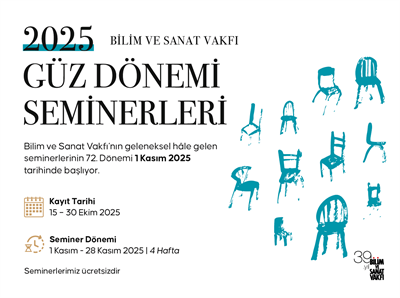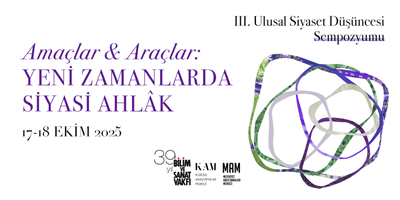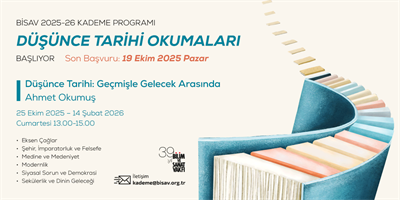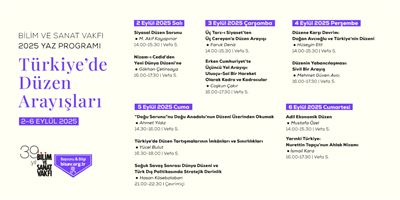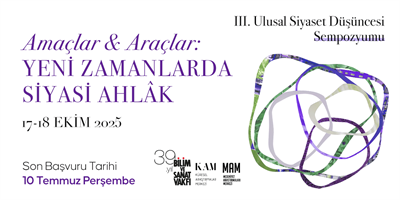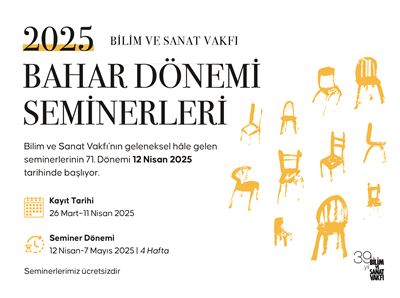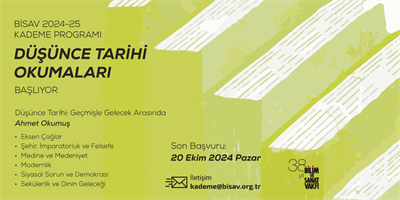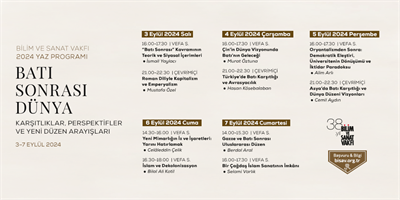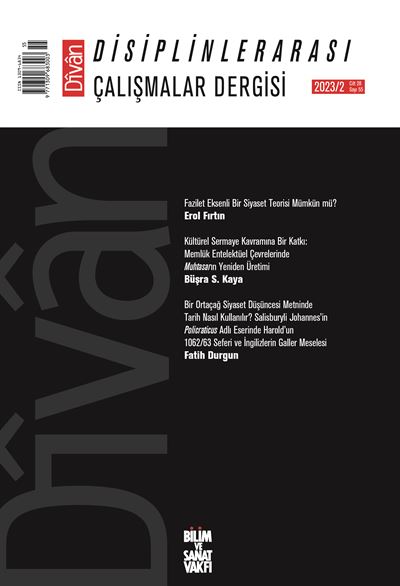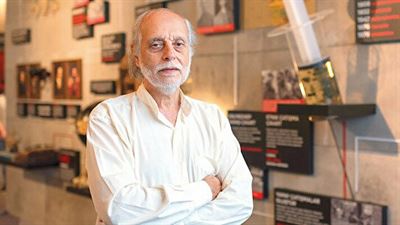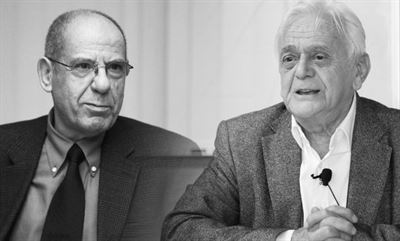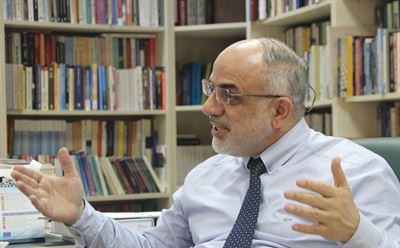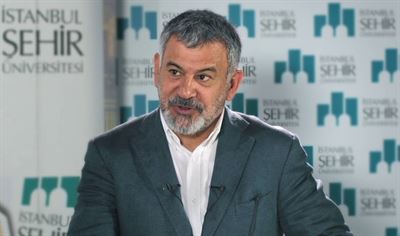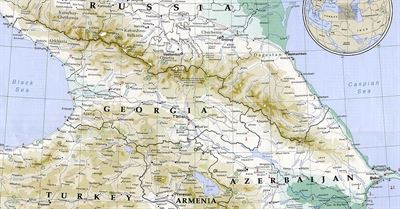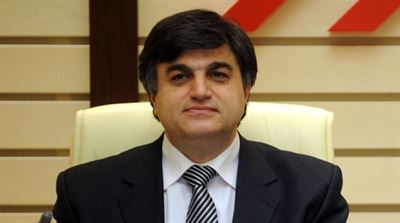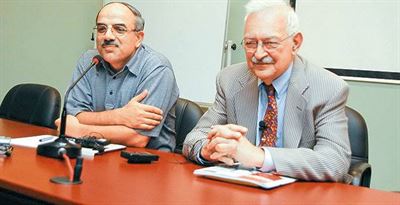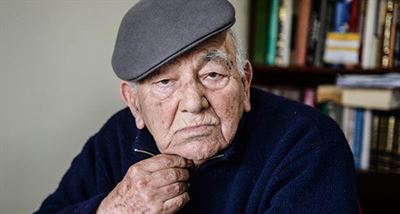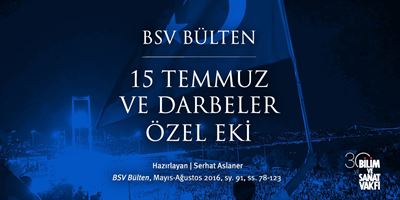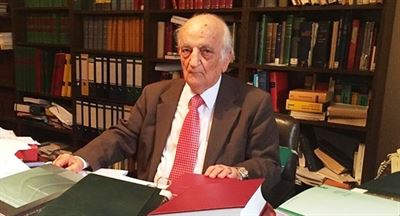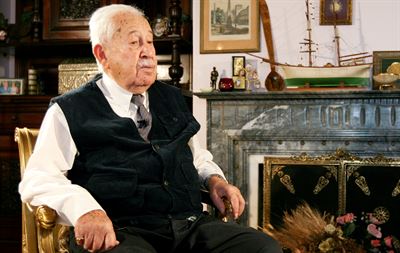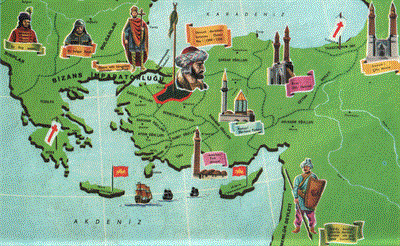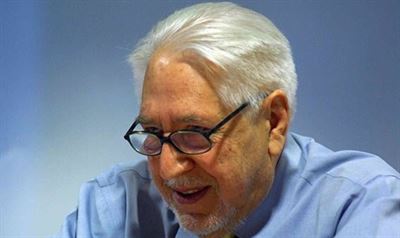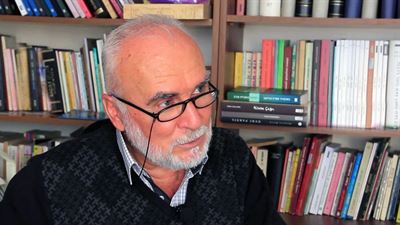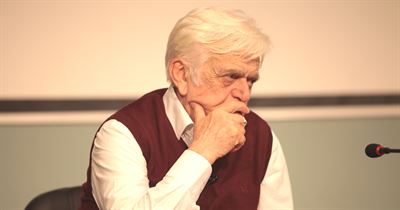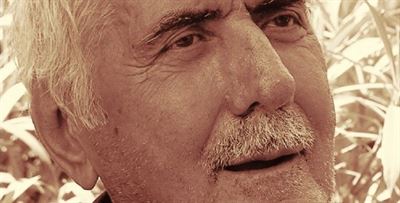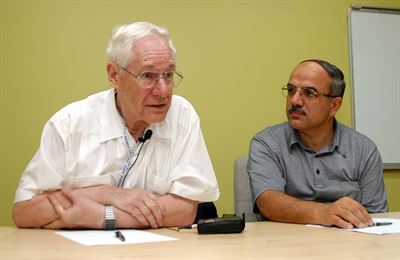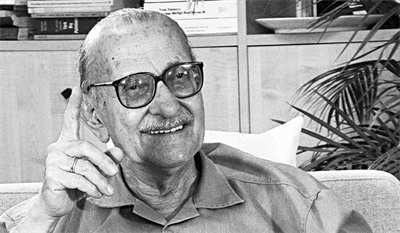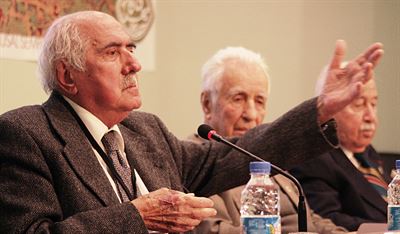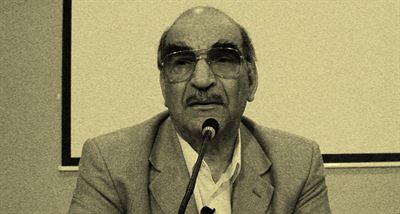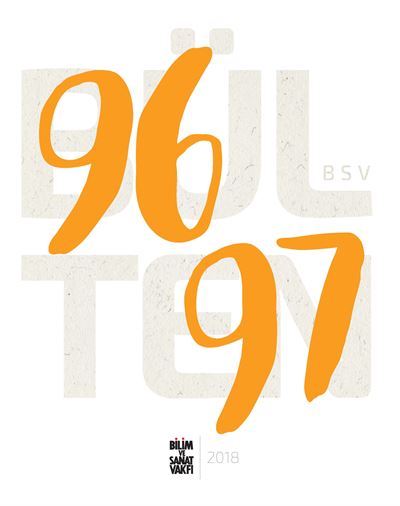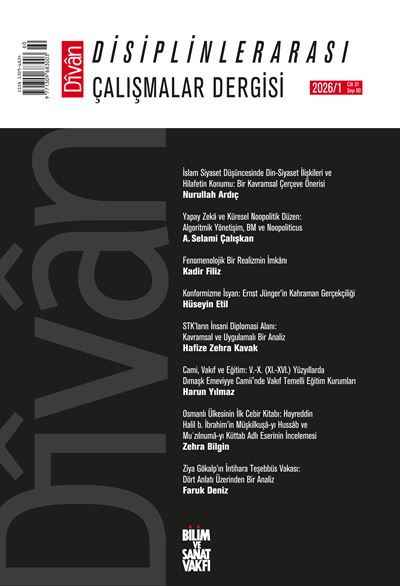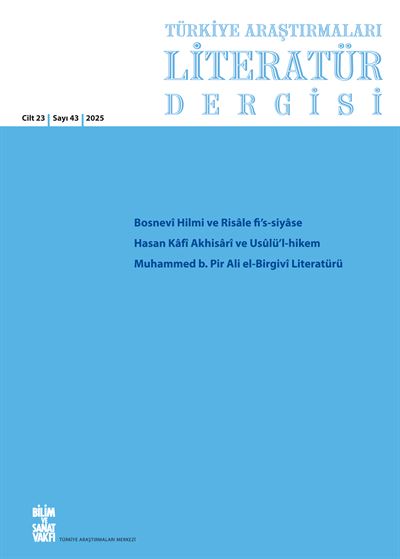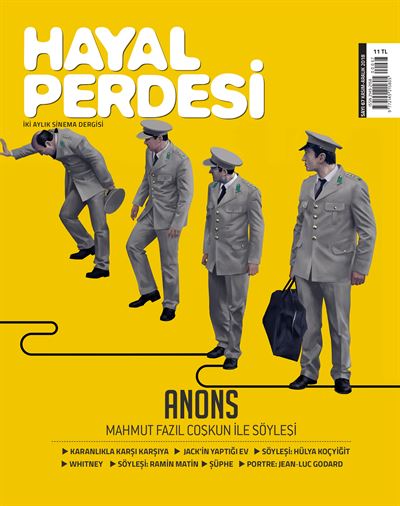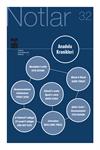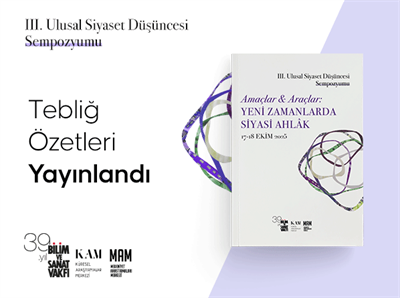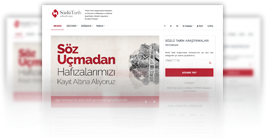
TAM ABOUT

Turkey was founded in the early twentieth century in the central geography, and on the legacy, of the Ottoman Empire, which was one of the eight multi-ethnic empires that included many geo-political, geo-economic and geo-cultural elements spanning over the large territory of Eurasia for many centuries. Moreover, Turkey is surrounded by three important regions, which have constituted the center of the ‘world mainland’ (Afro-Eurasia) geographically, on the one hand, and shaped the main contours of human history, on the other. These regions include the ‘near land basin’ consisting of the Balkans, Caucasus, and the Middle East; the ‘near sea basin’ consisting of the Black Sea, the Marmara Sea, the Aegean Sea, the Eastern Mediterranean, the Red Sea, the Persian Gulf, and the Caspian Sea; and finally the ‘near continental basin’ consisting of Europe, North Africa, and Western and Central Asia. Due to the nature of the regions and societies that Turkey has influenced, and has been influenced by, research on her cannot be uni-directional and uni-axial. Turkey has been founded on a rich historical legacy, including both the accumulated wisdom of ancient and classical cultures, and the complex experiences of the modernization processes. If synthesized with new elements, this legacy can offer a great potential for new horizons that can both help overcome its local problems and make her effective in the resolution of international and global crises. For this, Turkey needs new policies based on an effective use of her rich history and geography, policies that emphasize the inclusive aspects of her culture, mobilize her dynamic population thereby help increase her economic, military and technological capacities to the highest level. In this context, Center for Turkish Studies [TAM] aims to be an academic platform for researchers who are interested in these issues.
TAM’s Mission and Aims
TAM’s mission is to study and understand the existing repertoire of knowledge and cultural legacy of Turkey’s history and geography from a scientific perspective and with a sound methodology, thereby helping to understand the present conditions of Turkey and transmit this repertoire to next generations. Within this framework, TAM’s primary goals include encouraging and organizing studies on Turkey from different disciplinary perspectives, as well as monitoring and publishing such studies in different forms. Therefore, all kinds of Turkish studies, from sociology and history to literature and philosophy, constitute the Center’s areas of interest. To reach these goals, TAM has identified three basic activity areas, including reviewing, producing and publishing researches on Turkey, which are also essential steps in a scientific endeavor. This way TAM aims to contribute to the enhancement and improvement of studies on Turkey, through different mechanisms, including symposia, seminars, workshops, courses, and reading groups. In addition to these academic activities and events, TAM also publishes the Turkish Studies Review (TALID), a peer-reviewed bi-annual journal that aims to both present an inventory of existing studies on Turkey in every social scientific and humanities discipline, and provide new directions and support for potential studies by critically reviewing the existing ones. Furthermore, TAM sponsors different forms of publication on Turkey, including monographs, editions and translations, and accepts research and project proposals from researchers in the Turkish studies area. In this context, the Center has so far sponsored the publication of such important Ottoman classics as Ahlak-ı Alai, Raşid Tarihi, Mevzuatü’l Ulum and Ottoman Fatwa Journals, including Feteva-yı Feyziye, Behçetü’l-Feteva, Neticetü’l-Feteva and Camiü’l-İcareteyn. TAM also sponsored many scholarly books, such as Osmanlı Medeniyeti (Klasik, 2005), İstanbul: Şehir ve Medeniyet (Klasik, 2004), Osmanlı Medeniyeti (Klasik, 2005), Bir Semte Vefa (Klasik, 2009) and Vefa’nın Cennet Bahçeleri (Kültür A.Ş, 2011). A final series of publications by TAM include more than ten of the BSV Notlar, which entail the summaries of the many academic activities and colloquia organized by the Centers at the Foundation.
TAM Events
A Book / An Author
This is a talk series conducted with authors who have recently published a book in the area of Turkish studies. It aims to both have a conversation with authors who have a new idea to share with the academic community, and critically review their work. The series started on February 27, 2002, and has since then been organized as a monthly event; the summary reviews of every talk is published in the BSV Bulletin.
Readings in History
Also a monthly event, the ‘Readings in History’ program focuses on select primary texts and aims to bring together different disciplinary perspectives in discussing them with a diverse group of participants. The series started with the discussions of a number of Ottoman chronicles in March 2002, and has since then included colloquia on “Debates on the Formation of the Ottoman Empire,” “Residential Policies in Turkey from the Ottomans to Present,” “Ottoman-era Byzantine Chronicles,” “Recent History in Memoirs,” “Istanbul Districts from Heart to Pen,” and “Pre-Ottoman Anatolian Chronicles.” Reviews of these series are regularly published in the BSV Bulletin as well. Also, the results of some of these colloquia have been published as part of the BSV NOTLAR series, including Kendi Metinleriyle Osmanlı Tarihi (2005), Osmanlı Kuruluş Tartışmaları (2005), Osmanlı’dan Günümüze Türkiye’de İskan Politikaları (2009), Osmanlılar Dönemi Bizans Kronikleri (2009).
Presentation of Theses and Articles
Beginning in August 2002, this monthly series is a program in which both completed and in-progress studies, particularly articles and academic dissertations in any area of the Turkish studies are presented and discussed. It basically aims to provide young academics with an opportunity to present their work and have feedback from the interested audience. The program also aims broadly to contribute to the enhancement of the quality of both academic studies and their critique by the academic community.
TAM Talks
This colloquium’s aim is two-fold: on the one hand, it tries to discuss the existing situation of, and to bring to the agenda the problems face by, certain institutions and traditions that play important roles in scholarly life in Turkey, such as libraries and bibliopoles; on the other hand, it functions as a platform where academics working abroad who visit Turkey can meet with colleagues and students and talk about their work in an informal atmosphere. Beginning in December 2002, this program has hosted many leading figures in different fields within Turkish studies, organizing talks either on specific topics or in a more free style with them. Within this framework, the program hosted a number of library managers, bibliopoles, and editors as part of different talk series on the past and present situations and problems of “Libraries,” “Bibliopoles” and “Publishers” in Turkey. A series titled “Meeting with Local Historians,” hosted a number of non-academic historians, local biographers and provincial historians to talk about writing local histories and their problems, resources, relationships with the academia, and their biographies. Another series titled, “History of an Area of Study asAn Autobiographical Narrative” hosts a number of distinguished academics who have played important roles in the development of their respective disciplines in Turkey, such as sociology, anthropology, history and economics. They discuss with the audience the story of their discipline through a narrative of their own life stories. Another event organized in this series was on “Inheriting a Legacy: The Transmission of Ottoman Sources to the Republican Turkey,” which was organized at the 30th Anniversary of the Death of Seyfettin Özege. On the other hand, the series titled “Travel and Journey” aims to discuss the contemporary Turks’ perception of the world inside and outside Turkey: Travelers discuss their observations and travel notes on their journeys in Turkey and abroad. Some of these programs have been published as İstanbul Kütüphaneleri Üzerine Söyleşiler (2007) and Osmanlı Siyaset Geleneği / Avrupa’da Doğu Sorunu (2008) within the BSV NOTLAR series.
TAM Mini-Symposia
Consisting of one or a few panels, these events usually host expert speakers who talk about important topics and important figures in Turkish history on the occasion of anniversaries of the latter’s births and deaths. Begun in 2004, the series has so far published three books as part of the BSV NOTLAR series, including on Takıyüddin Rasıd (2007), Fatma Aliye (2008) and Katip Çelebi (2008). Also, all mini-symposia organized within this series have been reviewed in the BSV Bulletin.
Workshops
Conducted by only a group of select academics, these programs entail intensive academic discussion on a specific topic in Turkish studies such as “Abdulhamid the Second”, “Provincial Administration in the Ottoman Constitutional Era”, and “Ottoman Fatwa Collections” through several presentations and their discussions in light of different theoretical and methodological perspectives from different disciplines. These workshops also include discussion on the problems of source and methods in existing studies. Preparations for the workshops usually start a year before the convening of the presenters and discussants, who exchange their ideas and research for two days at BSV. The presentations and discussions are often published as an edited book afterwards.
Commemorations: A Person – A Work – An Event (İz Bırakanlar)
The program’s aim is to remember those academics and thinkers who have contributed to Turkey’s scientific and cultural life but have almost been forgotten as well as to introduce the less known figures in Turkish history. The program thus aims to strengthen our connections with those figures that helped to shape Turkey’s academic and cultural legacy and left their mark in intellectual history. The monthly program started with a series of visits to the burial places of historical figures, where their intellectual contributions were also discussed, in Istanbul in January 2004; its geographical scope was then expanded to include the entire former Ottoman territory (January 2005). Later, the program was also thematically expanded twice: it first entailed a series on “Persons and Events that Shaped History”, starting in August 2006, and then one on “A Person – A Work – An Event” beginning in October 2007. The program often entailed visits to the burial places of the persons discussed, and regular, month-long exhibits on these persons, their works and important events.
TAM’s activities, including all the symposia, regular courses offered in Turkish studies and in Ottoman Turkish, as well as its publications can be accessed through the links on the menu on the left.
TAM Colloquia 2002-2010
Economy, History, and Society Sabri Orman • Strategic Depth Ahmet Davutoğlu • State and Economy in the Ottoman Empire Mehmet Genç • In Search of a Philosophical Language İsmail Kara • From Ideal to Reality Mustafa Budak • Ottoman Finance in the post-Tanzimat Era Coşkun Çakır • Sufism in the Ottoman Empire Reşat Öngören • The Sociological Significance of Turkish Religion Yasin Aktay • Change in Ottoman Everyday Life Nevin Meriç • Şeyh Galib: Hüsn ü Aşk M. Nur Doğan • Sufism in Ottoman Society Necdet Yılmaz • Reform in the Ottoman Central Organization during the Tanzimat Period Ali Akyıldız • Letters from Istanbul -Basiretçi Ali Efendi Nuri Sağlam • Treadmills, Bakeries, and the Grain Trade in Istanbul Salih Aynural • Al-Jahiz and The Virtues of the Turks Ramazan Şeşen • Sufism in Ottoman Society (19th Century) Hür Mahmut Yücer • Primary Education in the Classical Ottoman Period and the Bursa Children’s Schools in Light of the Court Records Mefail Hızlı • The Ottoman Empire: Humanity’s Last Island Mustafa Armağan • Sufism in the Ottoman Society (18th Century) Ramazan Muslu • Conservatism: Reason, Society, and Politics Bekir Berat Özipek • The Ottoman Montes Pietatis: The Case of Üsküdar during the Reign of Suleyman the Lawgiver Tahsin Özcan • Four Currents, Four Politics Ömer Çaha • The Ottoman Muqataa System Baki Çakır • Turkey, the Turks, and Islam Ahmet Yaşar Ocak • Legal Legitimacy and Economic Policies among the Ottomans Huricihan İslamoğlu • Population Exchange: The Story of a Lost Generation Mehmet Ali Gökaçtı • Young Turk Modernization and the “German Geist” Mustafa Gencer • The Construction of Turkish Nationalism Mehmet Karakaş • In Search of, on the Way to, and in the Shadow of History Ali Birinci • Missionary Schools in the Ottoman Empire Şamil Mutlu • Europe from the Viewpoint of Ottoman Travelers Baki Asiltürk • The Ottoman Ulema during the Process of Modernization Ahmet Cihan • The Ottomans from the Viewpoint of the Arabs Suat Mertoğlu • Administration of Finance during the Reign of Abdülhamid II Ömer Faruk Bölükbaşı • The Autumn Years of the Phoenix Ali Akyıldız • Ottoman Military Power and the Weapons Industry Gabor Agoston • The Silence of the Girls: The Long History of Girls’ Institutes Elif Ekin Akşit • The History of Turkish-Iranian Relations Osman Gazi Özgüdenli • Aşçı Dede’s Memoirs Mustafa Koç • Travelers of the Ottoman Empire Mahmut Ak • The Language of the Ottoman Empire Hayati Develi • Turkish Philosophy during the Ottoman Period Remzi Demir • The Fatih Cemetery in the Context of Turkish Culture and Civilization Ali Rıza Özcan • The Classical Paradigms of the Second Constitutional Period Mustafa Gündüz • International Capital and Ottoman Finance (1820-1875) Hüseyin Al • The Young Turks and the Macedonian Question Mehmet Hacısalihoğlu • The Madrasas and Religious Education during the Second Constitutional Period Zeki Salih Zengin • Hesitation and Repetition: Texts on the City and Architecture Bülent Tanju • Power and the Liberal Republican Party based on Documentary Evidence Cemil Koçak • The Trabzon Regie Administration (1883-1914) Filiz Dığıroğlu • Müneccimbaşı as a 17th-Century Historian and His Camiü’d Düvel Hatice Arslan Sözüdoğru • Selim III and the Modernization of the Ottoman Navy Tuncay Zorlu • Islam as the National Question in Republican Turkey İsmail Kara • Fictive Selves Nazan Aksoy • Islamic Mediation in Turkey Talha Köse • The Cell Phone: Re-negotiation of the Public and the Private Nurullah Ardıç • The Social and Political Thought among the Ottomans in Light of the Reform Literature Coşkun Yılmaz • Social Life in the 16th Century According to Zati’s Gazeliyyat Vildan Serdaroğlu • The Abolition of the Janissaries and its Echoes Fatma Sel Turhan • Risâle-i- Adliyye fî Asâkir-i Mansûre-i Muhammediyye Kemal Faruk Molla • Non-Muslims in Sivas (1777-1839) Bilge Özel • Ottoman-Austrian Trade in the 18th Century Numan Elibol • Adnan Benk and Turkish Literary Criticism Nuri Aksu • Zâviye-Khankâhs and Religious Orders in the Province of Karaman: The Seljukid, Karamanoğlu and Ottoman Periods (1200-1512) Fatih Bayram • Alawis in the Process of Social Change and Urbanization Nail Yılmaz • Tophane-i Amire and Cannon Making in the Ottoman Empire Salim Aydüz • The Everyday Anxieties of an Ottoman Astrologer Gülçin Koç • Language and Politics: The Secularization of Public Discourse in Turkey Nurullah Ardıç • The Practice and Regulation of Apparel in the Ottoman Empire Betül İpşirli Argıt • German World Politics and the Great Powers’ Rivalry over the Ottoman Inheritance Necmettin Alkan • The Perception of Ottoman Africa during the Late-Ottoman Period: The Case of Zanzibar Hatice Uğur • Suicide Culture in Ottoman Society Nurullah Şenol • Leskofçalı Galip Ahmet Hamit Yıldız • Government-Opposition Relations in the Memoirs of Democrat Party Members Abdülkerim Asılsoy • The Trade Guilds in Istanbul (1800-1861) Mustafa İnce • Coffee Houses in Istanbul in the Early Modern Period Ahmet Yaşar • The First Dutch Ambassador in Istanbul Bülent Arı • A Comparative Analysis of the Ideas of Sun Yat-sen and Mustafa Kemal Atatürk Hale Eroğlu • The Bedirhan Bey Revolt as a Reaction to Tanzimat Reforms Mehmet Alagöz • The National Turkish Students Association as a Student Movement Zülküf Oruç • Women in Early-Modern Istanbul Fatma Tunç Yaşar • Ottoman Piracy in the Mediterranean Sea during the Seventeenth Century Özgür Oral • The Effects of the 1858 Land Reform on the Ottoman Political and Social Structure M. Macit Kenanoğlu • The Cultural Repertoire Created by Translated Texts Haşim Koç • The Reformation of Muslim Intellectual and Political Institutions Ahmet Michelangelo Guida • Love in the Classical Literature: The Case of the İhsannâme Mustafa Koç • The Modernization of Ottoman Learned Institutions İlhami Yurdakul • The Culture of Fiqh in the Turkish Islamic Tradition Heiko Henkel • Ottoman Governors in the Hamidian Period Abdülhamit Kırmızı • Small-Scale Enterprise in the Ottoman Empire: The Drapery Weaving Industry in Salonika Özgür Kolçak • The Kadi Institution during the Late-Ottoman Period Jun Akiba • Pan-Turkism and Turanism: A Comparison between Turkey and Hungary Alaaddin Oğuz • The Manifestation of the Constitutional Mindset in Konya Ercüment Asil • An Ottoman Scholar between the Classical and the Modern, between the Center and the Periphery Yaşar Sarıkaya • The History of Tobacco in the Ottoman Empire from 1600 to 1883 Fehmi Yılmaz • Rethinking the Early-Modern Ottoman Military Günhan Börekçi • Ottoman Baghdad in the 19th Century Ebubekir Ceylan • Movements of Political Opposition to the Tanzimat Reforms Florian Riedler • The Perception of Modern Science among the Ottomans Ayşe Tek Başaran • Prisons in the Ottoman Empire from the Tanziamt to the Second Constitutional Period Gültekin Yıldız • The Darüssaade Aghas in the Ottoman Empire Yıldız Yılmaz Karakoç • Royal Marriage in the Great Seljukid Empire Bülent Kaçın • A State and a Ruler in the Critical Age of Islam: The Ayyubids and Malik Ashraf (1200-1237) Önder Kaya • Modernization, Positivism, and the Making of the Young Turk Political Culture Enes Kabakçı • The Legal and Economic Dimensions of Credit Relations in the 18th Century Ottoman Empire Süleyman Kaya • The Ulema’s Perception of the Second Constitutional Period Serhat Aslaner • A Turkish Newspaper in Tsarist Russia: Şark-i Rus (1903-1905) Selçuk Türkyılmaz • Suleyman the Lawgiver’s Favorite Ibrahim Pasha and the Making of Ottoman Universal Sovereignty Ebru Turan • The Janissaries as the Locus of Opposition from Sened-i İttifak to Vak’a-yi Hayriyye Mert Sunar • Non-Muslim Property and Market Relations in 19th Century Istanbul Zahit Atçıl • The Perception of Traditional Ottoman Architecture in Modern Architecture Yavuz Sezer • Understanding Gift Exchange in 18th Century Ottoman Society Aykut Mustak • The Use and Organization of the Beylerbeyi Palace Tuncay Cengiz Göncü • The Navy in the Ottoman Empire Yusuf Alperen Aydın • Farewell to Crete! The Last Years of Ottoman Crete Pınar Şenışık • Mosul Province during the Hamidian Period Davut Hut • Migrations from the Ottoman Empire to Argentina in the Age of the First Globalization Kazım Baycar • A Tanzimat Diplomat: Kostaki Musurus Pasḩa Nurdan Şafak • The Foundation and Activities of the Ottoman Law School Ali Adem Yörük • The Abdülhak Hamid Theatre Against Colonialism Sevim Kebeli • The Historical Geography of Manisa County Mehmet Karakuyu • Fuat Köprülü: The Pioneer of Modern Turkish Historiography Abdülkerim Asılsoy • A Source of Instability in the Middle East: The Shatt al-Arab Problem Burcu Kurt • The Transformation of the Ottoman Military from the Nizam-ı Cedid to the Vaka-yı Hayriyȩ Fatih Yeşil • A Versatile Schoalr: Molla Cami and His Intellectual Influence Ertuğrul Ökten • The Foundation of the Asakir-i Mansure-i Muhammediye Army Gültekin Yıldız • The Role of Ottoman Traders in Commercial Relations between Europe and the Ottoman Empire İsmail Hakkı Kadı • Power Struggle in the Periphery during the Reign of Abdülhamid II Hamdi Özdiş • Differentiation in Social Space: The Rural/Urban Transformation in Denizli Alim Arlı • An Intellectual in Three Periods: Burhan Asaf Belge Aytaç Yıldız • The Russian Turks’ Reactions Against Modernization Mustafa Özgür Tuna • Revolt for the Old Order: Ottoman Bosnia Fatma Sel Turhan • Deposing the Sultan: The Kuleli Agreement and Professional Organization Burak Onaran • The Melamiyye in the 17th and 18th Century Ottoman Empire Ali Erken • Migration and Memory: The Assyrians of Mardin Ramazan Aras • The Russian Turks and the Second Constitutional Revolution in the Russian Press İhsan Demirbaş • The Anatolian Tigers: Local Adaptation to Global Competition Emine Beyza Satoğlu • 16th and 17th Century Ottoman Mindset and Architectural Thought Halil İbrahim Düzenli • New Forms of Representation in Urban Planning: Istanbul’s Commercial Sites Gülsen Yılmaz • The Spatial Distribution of non-Muslims in Istanbul from the Perspective of Historical Geography Mehmet Kara • The Re-negotiation of the Alawi Identity Talha Köse • The Modern Ottoman Historiography: The Case of Albania Bülent Bilmez • The Trabzon Roman Empire and the Turks Murat Keçiş • The Ottoman-European Alliance Against Napoleon Kahraman Şakul • The 18th Century Ottoman Imperial Harem Betül İpşirli Argıt • Social and Economic Transformation in the Balkans İsmail Arslan • The Perception of an Ottoman Scholar: Birgivi Mehmed Efendi Ahmet Kaylı • Political Violence, Fear, and Pain: The construction of Kurdishness in Turkey Ramazan Aras • Elias Riggs and American Missionary Activities in the Ottoman Empire Mehmet Ali Doğan • The Socio-economic Situation of the Ottoman Empire through the Lenses of the Hülâsatü’l-Efkâr Newspaper Mustafa Öztürk • The Darülfünun and the Faculty of Letters (1900- 1923) Mustafa Selçuk • The “Rise of Shiism” in 19th Century Ottoman Iraq Faruk Yaslıçimen • Ottoman Economic Thought in the Classical Period Fatih Ermiş • Power and Patronage Policies in the Ottoman Palace Günhan Börekçi • Suleyman the Lawgiver’s ‘Koca Nişancı’ (Chembelain): Celalzade Mustafa Çelebi M. Şakir Yılmaz • Early Turkish Migration from Harput to New England Işıl Acehan • The Transition from the Ottoman to the Republican Periods and Population Exchange Aslı Emine Comu Mass Media and Sufi Practice in Modern Turkey Brian Silverstein • Turkish Manuscripts in Iranian Libraries Kaan Dilek • On Ottoman History Halil İnalcık • State, Law, and Economy in the Ottoman Empire Engin Deniz Akarlı • Social Unrest and Natural Disasters in Ottoman Cities Cemal Kafadar • The Making of Ottoman Political Thought Hüseyin Yılmaz • Constitutional Tradition in the pre-Tanzimat Ottoman Empire Hüseyin Yılmaz • The Ottoman Order, the Eastern Question, and the Emergence of the Modern Middle East Hüseyin Yılmaz • Muhammad-Centered Piety in the Ottoman Empire Gottfried Hagen • Forced Migrations of Muslim Communities in South-Eastern Europe Nicole Immig • Anthropology in Turkey Tayfun Atay • Mehmed Süreyya and Sicil-i Osmani Nuri Akbayar • The Ottoman Legacy in Germany Latif Çelik • The Balkan Crisis in the Beirut Press (1876-1908) Abdul Rahim Abu- Husayn • Changing World, Changing Perception İhsan Fazlıoğlu • The Empire of the Periphery: Not Looking at the Ottoman World from the Center Ali Yaycıoğlu • Truth and Reasoning: The Limits of Knowledge of the External World İhsanFazlıoğlu •
READINGS IN CHRONICALS • DEBATES ON THE FORMATION OF THE OTTOMAN STATE BülentArı, Cemal Kafadar, Cengiz Şişman, Fatih Bayram, Feridun Emecen, İhsan Fazlıoğlu, Oktay Özel, Yunus Uğur • An Introduction to Ottoman Settlement History Gülfettin Çelik • Ömer Lütfi Barkan and His Work on Ottoman Settlement History Yunus Koç • Cengiz Orhonlu and His Work on Ottoman Settlement History Tufan Gündüz • Settlement and Population Policies in the Ottoman Empire Suraiya Faroqhi • Settlement and Population Policies in the 19th Century Ottoman Empire Kemal Karpat •
BYZANTINE CHRONICṠ • RECENT HISTORY IN LIGHT OF MEMOIRS • THOSE WHO HAVE LEFT THEIR TRACES İhsan Fazlıoğlu • Ali Emiri Efendi and the Millet Library M. Serhan Tayşi • A History of the Süleymaniye Library Nevzat Kaya • The Hakkı Tarık Us Library Tarık Özçelik • A History of the Beyazıt Public Library Şerafettin Kocaman • The Archaeological Library and Museum Archive Adnan Alpay • A History of the Atatürk Library Hüseyin Türkmen • İbrahim Manav, İbrahim Yılmaz, İsmail Öz- doğan • The Hece Journal İbrahim Çelik • The İnkılap Publishing House Hasan Güneş • The Pınar Publishing House Cevat Özkaya • The Ötüken Publishing House Ahmet İyioldu • The Kebikeç Publishing House Kudret Emiroğlu • The Enderun Publishing House İsmail Özdoğan • The Timaş Publishing House Emine Eroğlu • Observations on the Balkans and Rome Fatma Sel Turhan • Observations on Andalucia İshakArslan, Selami Çalışkan, M.Ali Çalışkan • Travel to Eastern Turkey Salih Pulcu • Observations on America Coşkun Çakır • Observations on Damascus Önder Kaya • Politics and Economy in 18th Century Ottoman Empire Mehmet Genç • Philosophy and Science in 18th Century Ottoman Empire İhsan Fazlıoğlu • Sufism in 18th Century Ottoman Empire Halil İbrahim Şimşek • A Life-History of Edirne Oral Onur • A Life-History of Afyon Muharrem Bayar • A Life-History of Konya Mehmet Ali Uz • A Life-History of Bursa Raif Kaplanoğlu • The Story of Forty Years Spent in Fatih Abdullah Uçman • Çengelköy Reyhan Çorak
SEMINARS

As the most traditonal activity of BISAV, the courses take place in every fall and spring of a year.
MORE INFO
